|
6 December marks 80 years since Ruperra Castle was gutted by fire during the second world war. To commemorate the event we are telling stories from our book, Ruperra Castle War and Flames 1939-46. The British Indian Army, officially renamed the Indian Army, was the principal army of the British Raj before independence in 1974.
“The excitement was over in about half an hour and not knowing anything about the war, we later learned that that it was just after Dunkirk and soldiers were being sent to Ruperra from all over the place to recover and reform their units.” John Rowlands, then a schoolboy, remembered the Indian soldiers bringing three or four strings of horses through Machen, up the Dranllwyn and over the mountain for training. “One afternoon as I arrived back for afternoon school, a mule came galloping down the Dranllwyn. He’d broken loose and everybody was running out of his way. I got hold of the rope that was loose but he took me down to Ted Harris’s shop before I could stop him! Then I handed him over to the soldier that had come back with a horse to look for him. "When I got back down to school I was a quarter of an hour late and I had the cane for it. That’s how I remember it so well. They half believed me, but not entirely, and although someone said they’d heard that I’d stopped the runaway horse, I never had an apology and I had a good two across the hands for it."
John Hicks from Machen remembered the Indian soldiers wearing tight boots and jodhpurs, with a dark top coat. “We used to watch the Indian soldiers making chapatis. There was enough room for three people to stand around what seemed like a big bake stone resting on four steel rods, with coal glowing underneath. When they put the mixture on it was like oatmeal and they’d spread it with their fingers and turn the chapatis by throwing them up in the air. Then, when each one was cooked, they’d stack them up on a big steel plate and take them to a big marquee where all their tables and benches were laid out. “Their sleeping quarters were in the same sort of tent but with divisions and camp beds in there. The horses were under canvas further up the track, but they used to tire them out in the day and I think they had a feeding tent for them there as well.” Bernard Spooner said, “The Indian soldiers at the Castle used to make us children very welcome. The first chapati I ever tasted was down there! We loved the tea they made in brilliantly clean stainless steel buckets using condensed milk because of course for us, sugar was rationed.”
80 years on and Ruperra Castle is still a ruin at risk of collapse - help Ruperra Castle Preservation Trust save the Castle and surrounding buildings and gardens by campaigning to secure them to use for community benefit, and to ensure a better future for our precious local heritage. Help us secure a future for this important monument - become a member before the end of 2021 and we will send you a free copy of our book – Ruperra Castle War and Flames 1939-46. You can also buy the book separately for £6.
0 Comments
Your comment will be posted after it is approved.
Leave a Reply. |
Archives
February 2024
Categories
All
|
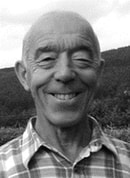
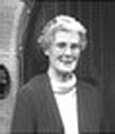
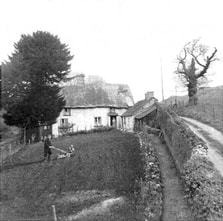

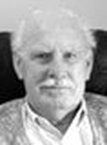
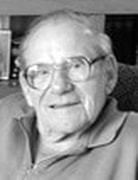
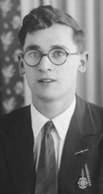
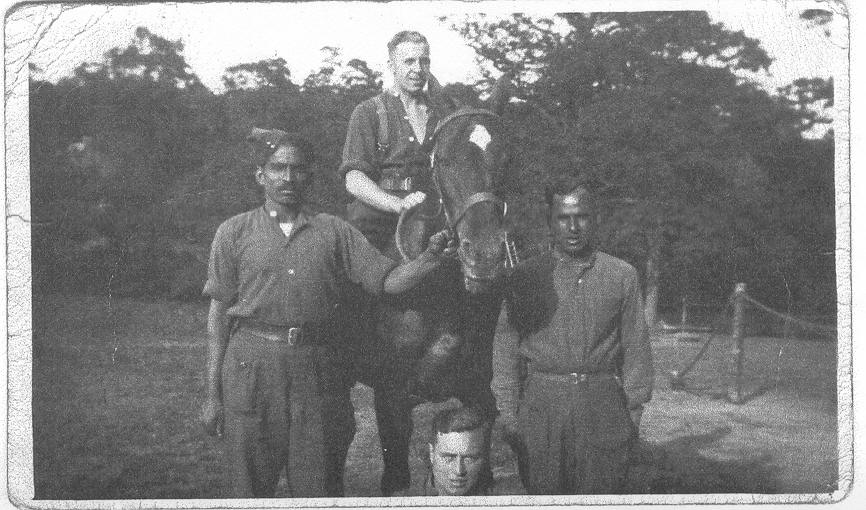
 RSS Feed
RSS Feed
